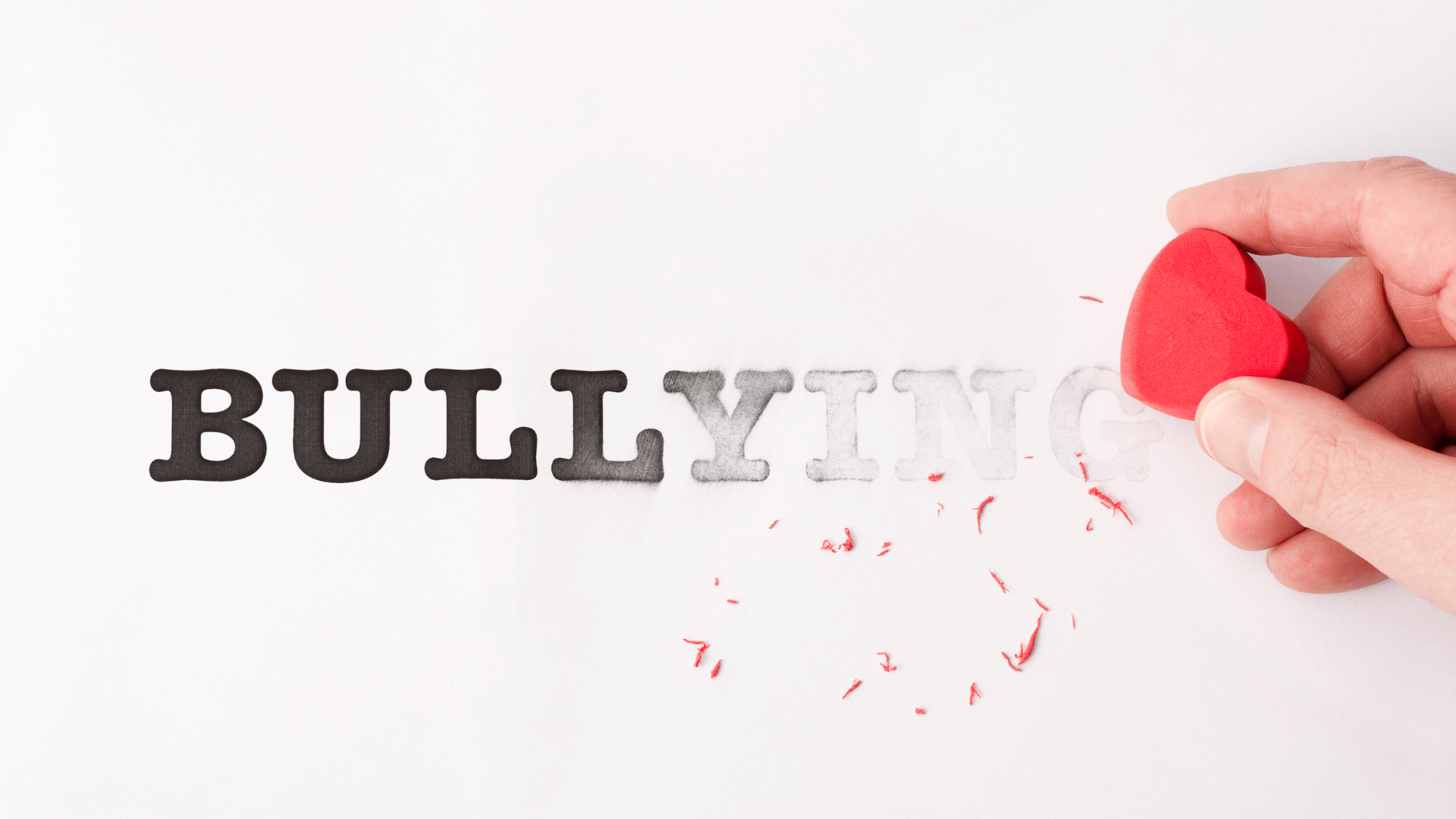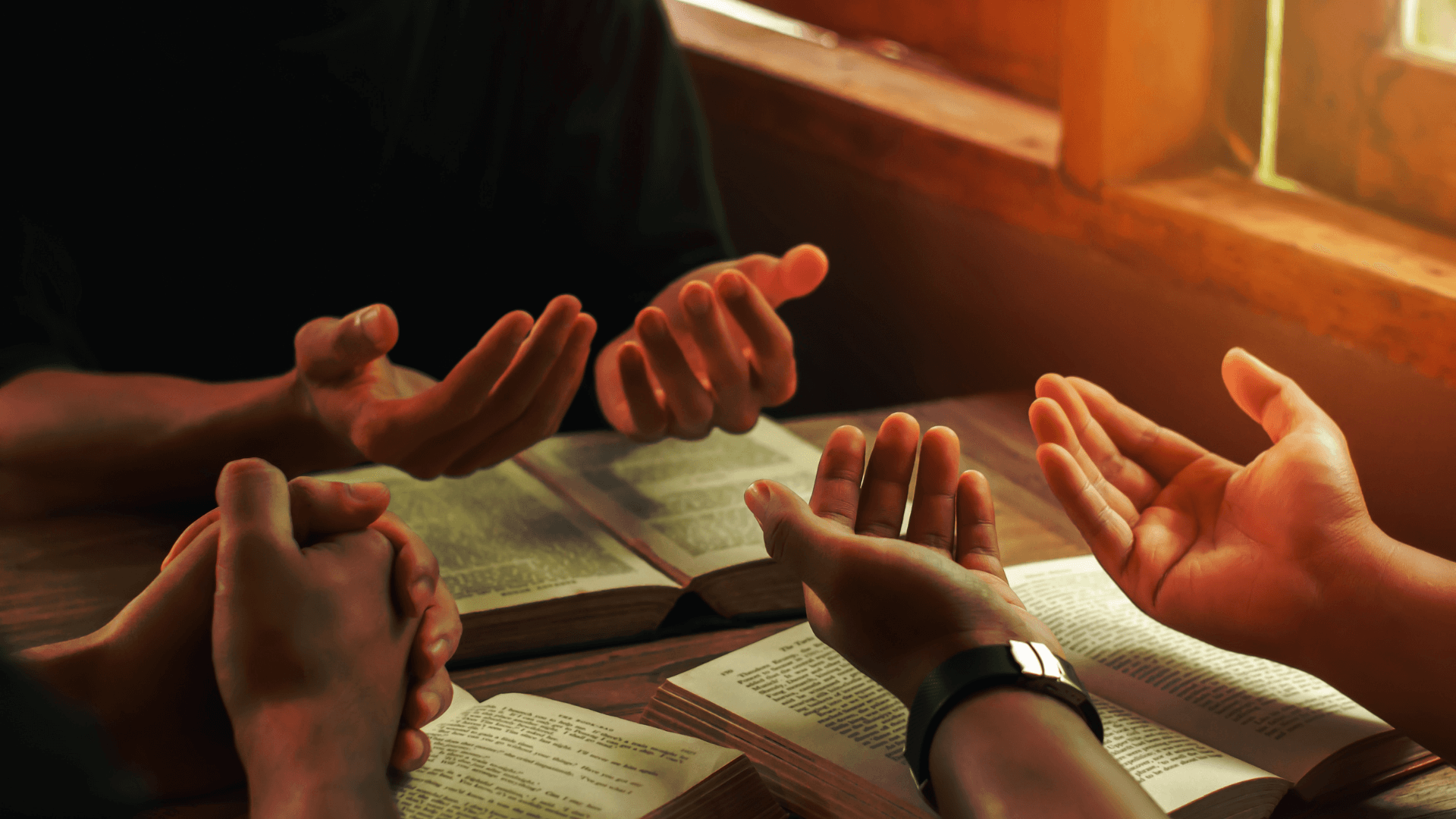Bullying is never okay.
This week, I want to dive into a memory lane moment that’s been tugging at my heartstrings, all centered around a term we’re all too familiar with — bullying. But, I’m not just talking about the kind we remember from the playground; I’m eyeing its more grown-up, yet equally damaging counterpart in our adult lives.
This grows from an incident I saw in the news that can only be classified as bullying, and it involves public figures, grown men. Frankly, it’s troubled me perhaps more than it should have. Let me tell you a story. There are some real parallels here.
My thoughts drift back to a childhood memory from Camp Ridgecrest for Boys — a memory that, oddly enough, has rippled through the years, influencing my understanding of kindness, courage, and the subtle forms of bullying that don’t always leave visible scars.
I was in the 6th grade, sharing a cabin with five other boys, one of whom, Ernie, had a stutter. His vulnerability became the target of another cabin mate, Herbie, who found a perverse delight in mocking him. Despite Ernie’s attempts to laugh it off, the bullying escalated until it reduced him to tears. Herbie accomplished what he set out to do. As a witness, my silence has since felt like complicity, a haunting reminder of the power of our actions — and inactions. I should have said or done something. As a 6th grader, though, I guess I didn’t want to run the risk of being treated like Ernie had been.
The memory serves as a stark reflection on bullying, not just as a relic of our school days but as a shadow that can follow us into adulthood, morphing into forms that are harder to recognize but equally harmful. Adult bullying may not involve stolen lunch money or physical altercations, but it can manifest in workplace politics, social exclusion, or cutting remarks dressed as jokes, even to the extent of making fun of someone’s physical appearance or handicaps. These actions, though less overt, stem from the same desire to exert power over another.
As Christians, or simply as humans striving to be better, we’re compelled to ask ourselves, “What would Jesus do?” This question isn’t meant to invoke guilt but to encourage a profound introspection about our conduct and its impact on those around us. Jesus’ life was a testament to love, inclusivity, and standing up for the marginalized — a guidepost for our interactions.
Acknowledging feelings of complicity in the face of bullying is not an admission of defeat but a step toward growth. It’s a call to action, urging us to be vigilant and brave, to stand up against injustices, and to support those who are being diminished. Our silence can be as impactful as our words, and choosing to speak out can be a beacon of hope for someone in the throes of bullying.
As adults, we wield considerable influence — through our actions, our words, and our decisions about when to speak and when to listen. This influence gives us a unique responsibility to create environments (churches?) where respect and kindness overshadow the impulse to belittle or dominate. It’s about building communities where the Ernies of the world feel supported and valued, not for their ability to endure mockery but for their inherent worth as individuals.

This is an invitation — a call to reflect on our behaviors and the subtle ways we might contribute to or combat bullying in our everyday lives. It’s an encouragement to foster empathy, to be the ally that our younger selves needed, and to cultivate spaces where compassion drowns out cruelty.
In closing, let’s remember that the lessons learned on the playground have far-reaching implications. The way we navigate adult bullying, standing up for fairness and kindness, can transform our workplaces, homes, and social circles into havens of respect and understanding. By doing so, we honor the spirit of what Jesus taught, living out our faith through actions that speak louder than words.
Together, let’s pledge to be the change, to be adults who embody the virtues we wish to see in the world. Because in the end, it’s not just about preventing bullying; it’s about nurturing a society where every person is seen, heard, and valued — where the playground, the workplace, and the church are places of growth, not battlegrounds for dominance.




